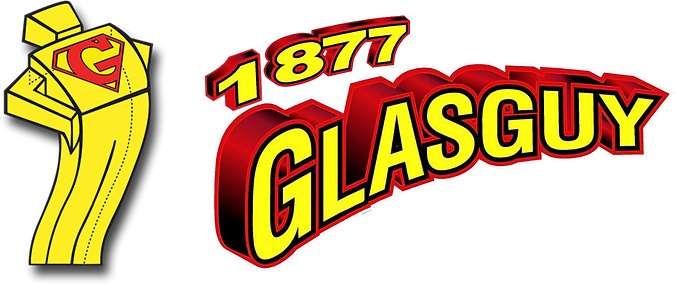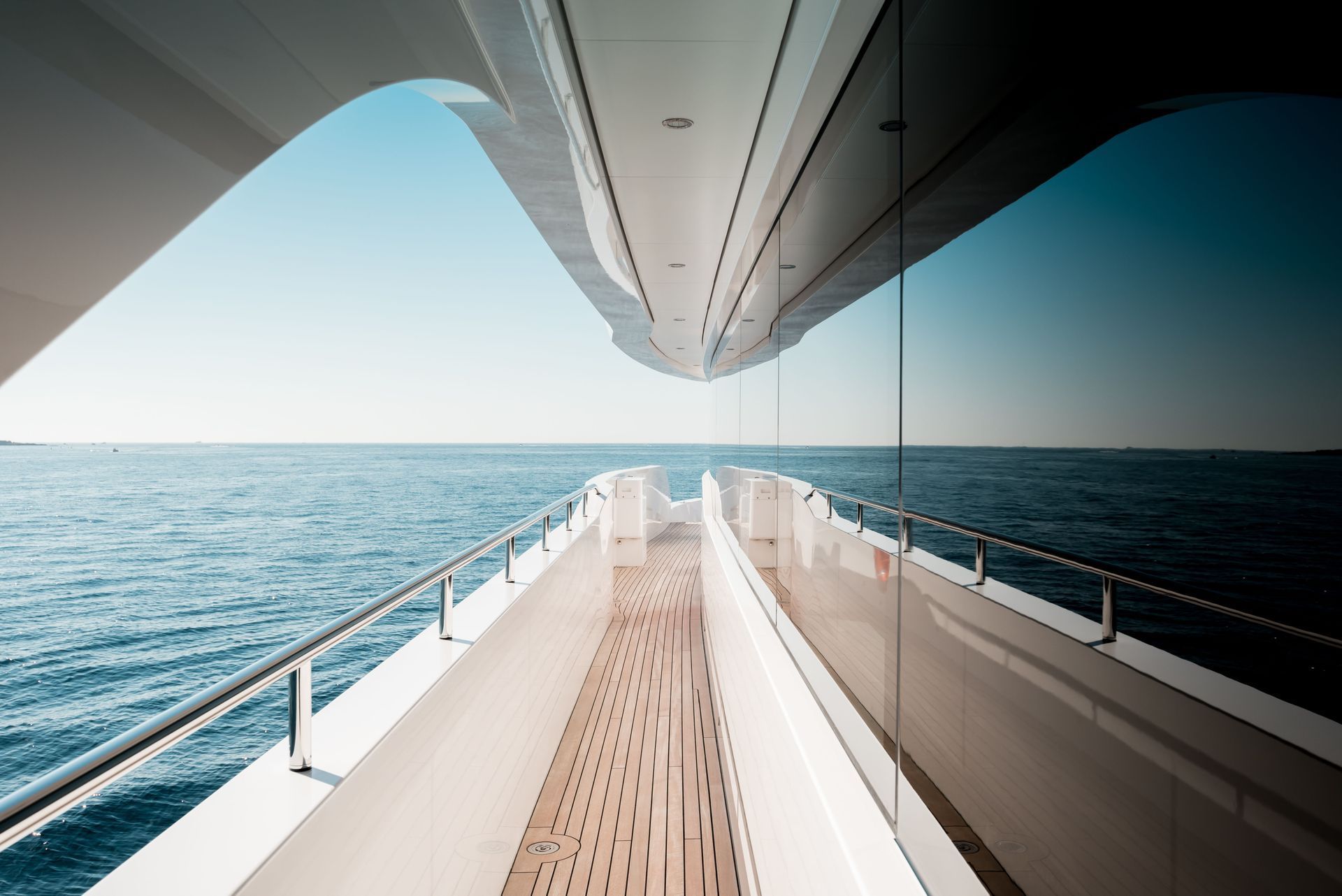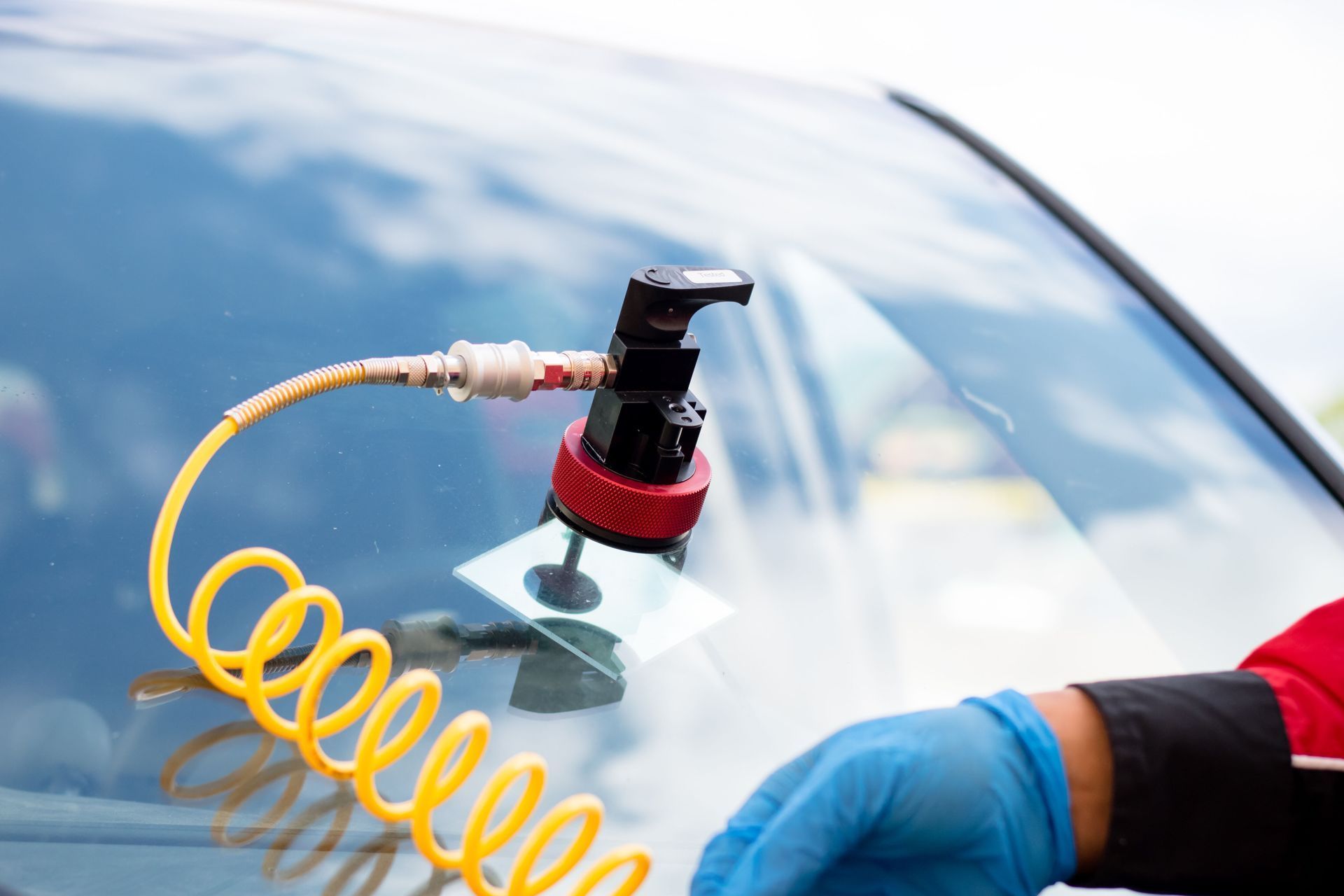Do You Offer Mobile RV Glass Repair or Replacement Services While Traveling?
October 3, 2025
October 3, 2025
Highlights :
- Mobile RV glass services meet you on the road, minimizing downtime and travel disruption.
- Safety glazing standards and proper installation protect visibility and occupant safety.
- Growing RV ownership and heavy travel seasons increase demand for on-the-go repairs.
- Castle Rock, WA travelers can schedule service windows that fit campground or route plans.
- 877 Glas Guy provides mobile assessments, repairs, and replacements tailored to RVs.
Mobile RV glass repair and replacement bring the shop to your campsite, parking lot, or roadside pullout so you can keep your trip on schedule. Instead of rerouting to a distant facility, a trained technician meets you where you are, evaluates damage, and recommends repair or replacement. This approach matters for travelers in and around Castle Rock, WA, where itineraries often span national parks, coastal routes, and mountain passes. With mobile service, your RV stays hooked up, your gear stays stowed, and your plans stay intact. The question isn’t whether mobile service is offered—it’s how quickly and safely it can be delivered.
Mobile Service Process
What exactly happens during mobile service? First, you’ll share photos or a brief description of the damage so the team can pre-identify glass type, gasket profile, and visibility concerns. Then they’ll schedule a service window that fits your drive day or layover. On arrival, the technician protects surrounding trim and interior surfaces, verifies part numbers, and prepares the opening. For repairs, a resin injection restores optical clarity; for replacements, the tech sets the new pane, cures the adhesive, and water-tests the perimeter. The goal is a safe, clean, and weather-tight outcome without detours.Timelines and Cure Times
Travelers also ask about timelines and cure times. Repair appointments typically run under an hour, while full windshield replacements can take several hours to remove, prep, set, and cure. Environmental conditions—temperature, humidity, and airflow—affect adhesive performance. Mobile technicians monitor these variables and use manufacturer-specified primers and urethanes for proper bonding. After installation, they’ll advise you on drive-away times and post-care, such as keeping slides in, avoiding high-pressure washes, and checking for any water intrusion after the first rain. Clear guidance helps you get back on the road confidently and safely the same day.Frequently Asked Questions
Safety and visibility drive every decision in RV glass work. Automotive glazing must meet federal safety performance and transparency requirements that protect occupants and the driver’s field of view. According to
Federal Motor Vehicle Safety Standard No. 205
, glazing materials are specified to reduce laceration injuries, ensure visibility, and minimize occupant ejection during collisions. For RV owners, compliance isn’t just a box to check—it’s the foundation for choosing the correct glass type, thickness, and edge treatment, and for ensuring proper adhesive systems that keep the windshield bonded under load, heat, vibration, and crosswinds common to long trips.
Industry Demand and Travel Trends
Demand for mobile RV glass service follows usage patterns. Peak seasons, popular routes, and a growing owner base translate into more chips, cracks, and seal issues on the move. According to the RV Industry Association (RVIA) , ongoing shipment and market data show the industry’s scale and trends, underscoring how many units are in circulation and traveling each season. More vehicles on the road, combined with seasonal hail, gravel, and temperature swings, create predictable spikes in glass incidents. For travelers staging out of Castle Rock, WA, mobile service bridges the gap between back-to-back driving days and the need to maintain safety glass standards.Value of On-the-Road Service
Roadside realities amplify the value of mobile service. Every detour adds miles, campsite changes, and lost sightseeing time. According to AAA , more than 27 million roadside assistance calls were handled in 2024 across the United States, a reminder that road travel is unpredictable and time sensitive. While those calls span many issues, the lesson applies to RV glass: solving problems where you are reduces idle time and keeps your itinerary intact. A mobile glass team that coordinates arrival windows and verifies parts in advance turns a trip wrecker into a manageable stop.Frequently Asked Questions
Cost and insurance are common concerns. Many policies treat
RV glass
similarly to auto glass, covering repairs with little or no deductible because repairs maintain safety and cost less than replacements. Before your appointment, the mobile team can help verify coverage, outline out-of-pocket estimates, and explain any differences for panoramic, heated, or sensor-equipped glass. If you self-pay, you’ll receive a written estimate that itemizes glass, moldings, urethane, labor, and mobile dispatch. Transparent pricing avoids surprises, especially if you’re coordinating across campgrounds, parks, and service hours while traveling through Castle Rock, WA and surrounding corridors.
Repair Versus Replacement Decisions
How do you decide between repair and replacement? Size, location, and crack progression matter. Small chips away from the driver’s direct line of sight and far from edges are strong repair candidates. Long cracks, damage intersecting the edge, or multiple impacts often require replacement to maintain structural performance and visibility. A mobile technician will measure the damage, check for contamination, and use a probe to see if the lamination is compromised. They’ll also consider the vehicle’s torsional flex and the windshield’s role in body integrity, especially for large Class A windshields that stabilize front caps and frames.Frequently Asked Questions
What should travelers do to prepare for a mobile appointment? Park on level ground, clear a safe perimeter, and secure pets. Provide your VIN and coach information early, including year, make, model, build sheet, and any previous glass replacements. Note any water leaks or wind noise. If you’re boondocking, confirm cell coverage or share a GPS pin. These steps help the technician arrive with the correct glass, primers, and moldings, increasing the likelihood of a same-day completion. Being prepared means less idle time and more time enjoying trails, viewpoints, and lakes around Castle Rock, WA.
Advantages of Specialized Providers
Why choose a specialized provider? Experience with RV caps, gasket systems, and large one-piece windshields reduces risk to exterior trim and interior finishes. A team that follows safety glazing standards, uses OEM-equivalent materials, and understands RV body flex will deliver better results. 877 Glas Guy offers mobile service for repairs, replacements, and reseals, coordinating around your route and camp hookups. From breakout to set, technicians protect cabinetry, electronics, and soft goods while maintaining sightlines and structural bonding. When you’re thousands of miles from home, that level of precision—and willingness to meet you where you are—makes all the difference.




